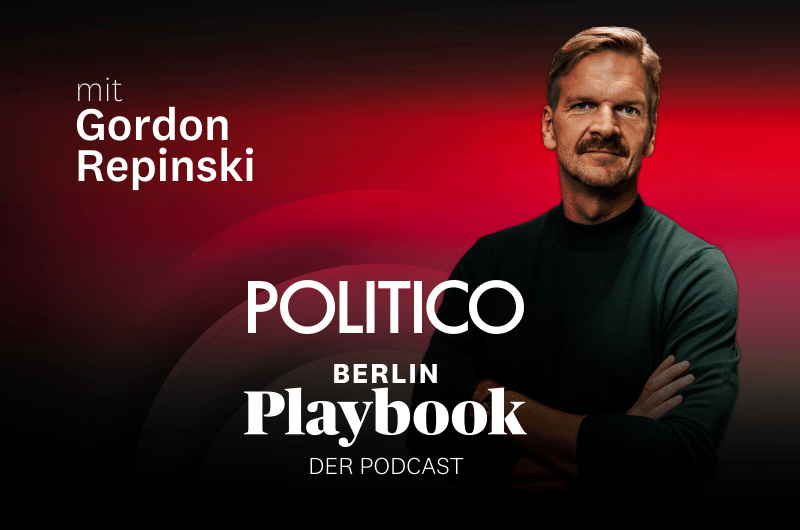

In a recent engaging discussion, AfD Co-Leader Tino Chrupalla shared his views on pressing geopolitical issues, focusing on the ongoing conflict in Ukraine and the broader implications for Europe. This illuminating conversation, part of a POLITICO podcast episode hosted by Gordon Repinski, offered a glimpse into Chrupalla’s perspective on international relations and the future he envisions for Germany and the European Union.
The conversation touched upon the relentless nature of the conflict in Ukraine, which has witnessed widespread suffering and instability. Chrupalla expressed his viewpoint on how peace might be achieved, suggesting that Ukraine should consider ceding certain territories as part of a peace settlement. This perspective underscores a controversial approach, one that highlights the complex dynamics at play in seeking resolutions to protracted geopolitical tensions.
Beyond the immediate conflict, Chrupalla elaborated on his broader vision for Europe and the role of the European Union within the international community. Describing the EU as an “intrusive monster,” he argued for substantial reform or even the possibility of Germany’s departure from the union. His comments reflect a growing discourse around the EU’s governance structure and member states’ sovereignty, suggesting a need for dialogue on reforming the organization to better serve its constituents.
In discussing potential reforms within the EU, Chrupalla’s ideas align with a wider movement advocating for more autonomy and national sovereignty among member states. This sentiment has been echoed across various political platforms, emphasizing the importance of balancing collective governance with respecting the unique needs and desires of each country. The tension between unity and sovereignty remains a critical topic as the EU navigates its role in a rapidly changing world.
Chrupalla’s insights point to the ongoing debate about the balance of power within the EU and how it influences individual member states. The notion of reforming or downsizing the EU to allow more national freedom is a significant theme, particularly with the growing euro-skepticism in parts of the continent. Such discussions, as suggested by Chrupalla, might include revisiting EU policies, trade agreements, and migration regulations to ensure member states feel both secure and autonomous.
The conversation also ventured into the implications of these ideas for Germany’s future. With a focus on protecting national interests while fostering international partnerships, Chrupalla underscored the necessity for Germany to evaluate its position within the EU critically. This evaluation includes assessing economic and political policies to ensure they benefit the nation even as it collaborates with its European counterparts.
Through a calm and reasoned lens, Chrupalla’s discussion opens a window to the complexities of navigating national identity within a collective European framework. His assertions invite reflection on how countries can harmonize national aspirations with shared European goals, fostering a more balanced and respectful union.
As the EU and its member states face challenges ahead, the dialogue brought forth by figures like Chrupalla emphasizes the need for inclusive and forward-thinking discussions. It highlights the diversity of opinions that make up the rich tapestry of European politics and the continuous evolution of governance structures in response to both domestic and global pressures.
Source: {link}
